Serbian parliament set to elect new government
The Serbian parliament was holding a special session on Thursday during which MPs were expected to elect the country's new government.
Thursday, 26.07.2012.
09:36

BELGRADE The Serbian parliament was holding a special session on Thursday during which MPs were expected to elect the country's new government. The debate, that started after PM-designate Ivica Dacic presented the key points of his cabinet's policy, continued into the early hours of Friday. Serbian parliament set to elect new government Once they conclude the discussion, MPs will vote to elect the new government. Future Finance Minister and URS party leader Mladjan Dinkic posted on his Twitter account after midnight that the debate would continue during the night, while the voting and the taking of the oath of office would happen "at noon on Friday". The session was set to begin at 15:00 CET on Thursday, but started three and a half hours later instead. more photos from parliament If at least 126 of the Serbian parliament's 250 members vote in favor, the new prime minister and members of his cabinet will take the oath of office to the sounds of the national anthem and in the presence of the ceremonial guard. "I pledge loyalty to the Republic of Serbia and by my honor I pledge to respect its Constitution and laws, to perform my duties as member of the government conscientiously, responsibly and dedicatedly, and be committed to keeping Kosovo and Metohija a part of the Republic of Serbia," reads the oath. The government can count on the support of more than 140 MPs, and its main goals, defined in the coalition agreement signed July 10 by the Serb Progressive Party (SNS), the Socialist Party of Serbia-Party of United Pensioners of Serbia (PUPS)-United Serbia (SPS-PUPS-JS) coalition and the United Regions of Serbia (URS), are fast-tracking EU integration, economic stability, fighting crime and corruption, and social justice. The new government will comprise 17 ministries and four offices - for Kosovo, human and minority rights, churches and religious communities, and the diaspora. It will have 19 members, including four deputy prime ministers, and will be the smallest the country has seen this side of 1990. During the debate on Wednesday, opposition MPs criticized the proposed bills on the ministries and government and raised objections to the fact that Serbia will no longer have the Human and Minority Rights Ministry. They also criticized the replacement of the ministries for Kosovo and the diaspora by corresponding offices. The opposition has also criticized the proposed amendment on the security services, which envisages that in the future the office of Secretary of the National Security Council will be held by a person appointed by the Serbian president, and not, as before, by the president's chief of staff. Ivica Dacic presents his government's program (Tanjug) Broken promises and missed opportunities Presenting his cabinet's program in parliament ahead of the vote on Thursday, Dacic stated that Serbia was "a country of broken promises and missed opportunities", and that he would attempt to provide its citizens, "who find themselves deep in apathy", with a better future: "The new government's priority is the economic recovery of the country. All other key goals of this government, such as Serbia's European future, the solving of the Kosovo issue, regional cooperation, combating crime and corruption, heath care, education, and others, will depend on whether or not we will be able to secure our country's economic survival." He called on MPs to elect his proposed government and said that he wished to mention something that had not been heard in a policy statement by an incoming prime minister in a long time - and that was patriotism and that Serbia comes first to all of us. Stressing the need to abandon traditional political and societal divisions that exist in Serbia, Dacic offered "an integrated vision of Serbia's future and a government turned toward the future rather than the past", and added: "We have the strength to carry out a serious renewal." Dacic continued his address by saying that in his role of prime minister, he would establish the National Council for Economic Recovery, that would gather "the best and most successful" figures from Serbia's economy and the financial sector. Furthermore, he urged "an economic and social dialogue" to be launched between the government, businesses and trade unions, wondering "why the (exchange rate of) the Serbian dinar was at a historic low", once again criticizing the manner in which banks operated, and announcing at the same time that the talks with the IMF would continue - but that there would be no freezing of public sector salaries and pensions. The "development or saving" dilemma was false, because Serbia needs both, he asserted. Dacic also announced that his cabinet did not intend to privatize large public enterprises, and said this referred to the power company EPS, while the state would hold on to its majority stakes in other monopolies in their sectors, such as Serbian Railways, the postal service PTT, and Belgrade Nikola Tesla Airport. Moving on to the issues of EU integration and Kosovo, Dacic told MPs that his government would invest "a maximum effort" in order for the country to be given a date for the start of membership negotiations: "This government will carry out the necessary systemic measures and fulfill the criteria set by the European Council in Copenhagen, and the process of stabilization and association." Dacic also sent out a message that Serbia will not recognize Kosovo as independent, noting at the same time that everything the previous government had agreed to in the Kosovo dialogue must be implemented: "The Serbian government wishes for the lives of all citizens in the territory of Kosovo and Metohija to normalize. It is necessary to implement everything that has been agreed on in the technical dialogue with Pristina and continue that dialogue on the political level, with participation of top state officials." He also told MPs that his cabinet would continue to improve human and minority rights, adding that ethnic Albanians in southern Serbian would be offered integration into the political and social system, and called on them to join the fight against crime, extremism and terrorism. According to the PM-designate, no citizen of Serbia should be discriminated against for not being of Serb ethnicity - "but on the other hand no Serb in Serbia must be discriminated against for being who they are." Dacic further stressed that the new government would "respect the autonomy" of Vojvodina, and work with its authorities: "The government will respect the reached level of autonomy of the Autonomous Province of Vojvodina in the manner defined by the Serbian Constitution and the Statute of AP Vojvodina." The incoming premier also addressed some issues related to the country's media scene, saying his cabinet would support initiatives to establish transparency regarding ownership of media outlets. "We will fight against censorship and in order to free journalists from political pressure, but also from pressure coming from their editors, (media) owners and other power centers. No monopoly or political control should be allowed in this sector," he stated, and added: "This government will not have its spin doctors who will act as editors. And wherever we are able to - without jeopardizing the livelihood of people and the survival of the media - we will make an effort to exit from their ownership structures." The PM-designate goes over a printed copy of his speech (Tanjug) New cabinet to hold its first session on Friday The first session of the new Serbian government following is expected to start at 13:00 CET on Friday, Tanjug has reported. Before that, at 10:00 CET, Mirko Cvetkovic will officially hand over his duties as prime minister to the newly elected head of the Serbian government. Under the Law on Government, the government's term starts from the moment the new prime minister and members of the government take their oaths of office in parliament. The first session should include the election of the government secretary, a prerequisite for the beginning of the work of the Secretariat, which prepares the documents necessary for the work of the executive power. Tanjug learned that other points on the session's agenda would be determined by the prime minister. The candidate for the new government secretary is Veljko Odalovic, outgoing secretary general of parliament. B92 Beta Tanjug
Serbian parliament set to elect new government
Once they conclude the discussion, MPs will vote to elect the new government.Future Finance Minister and URS party leader Mlađan Dinkić posted on his Twitter account after midnight that the debate would continue during the night, while the voting and the taking of the oath of office would happen "at noon on Friday".
The session was set to begin at 15:00 CET on Thursday, but started three and a half hours later instead.
more photos from parliament
If at least 126 of the Serbian parliament's 250 members vote in favor, the new prime minister and members of his cabinet will take the oath of office to the sounds of the national anthem and in the presence of the ceremonial guard.
"I pledge loyalty to the Republic of Serbia and by my honor I pledge to respect its Constitution and laws, to perform my duties as member of the government conscientiously, responsibly and dedicatedly, and be committed to keeping Kosovo and Metohija a part of the Republic of Serbia," reads the oath.
The government can count on the support of more than 140 MPs, and its main goals, defined in the coalition agreement signed July 10 by the Serb Progressive Party (SNS), the Socialist Party of Serbia-Party of United Pensioners of Serbia (PUPS)-United Serbia (SPS-PUPS-JS) coalition and the United Regions of Serbia (URS), are fast-tracking EU integration, economic stability, fighting crime and corruption, and social justice.
The new government will comprise 17 ministries and four offices - for Kosovo, human and minority rights, churches and religious communities, and the diaspora.
It will have 19 members, including four deputy prime ministers, and will be the smallest the country has seen this side of 1990.
During the debate on Wednesday, opposition MPs criticized the proposed bills on the ministries and government and raised objections to the fact that Serbia will no longer have the Human and Minority Rights Ministry.
They also criticized the replacement of the ministries for Kosovo and the diaspora by corresponding offices.
The opposition has also criticized the proposed amendment on the security services, which envisages that in the future the office of Secretary of the National Security Council will be held by a person appointed by the Serbian president, and not, as before, by the president's chief of staff.
Broken promises and missed opportunities

"The new government's priority is the economic recovery of the country. All other key goals of this government, such as Serbia's European future, the solving of the Kosovo issue, regional cooperation, combating crime and corruption, heath care, education, and others, will depend on whether or not we will be able to secure our country's economic survival."
He called on MPs to elect his proposed government and said that he wished to mention something that had not been heard in a policy statement by an incoming prime minister in a long time - and that was patriotism and that Serbia comes first to all of us.
Stressing the need to abandon traditional political and societal divisions that exist in Serbia, Dačić offered "an integrated vision of Serbia's future and a government turned toward the future rather than the past", and added:
"We have the strength to carry out a serious renewal."
Dačić continued his address by saying that in his role of prime minister, he would establish the National Council for Economic Recovery, that would gather "the best and most successful" figures from Serbia's economy and the financial sector.
Furthermore, he urged "an economic and social dialogue" to be launched between the government, businesses and trade unions, wondering "why the (exchange rate of) the Serbian dinar was at a historic low", once again criticizing the manner in which banks operated, and announcing at the same time that the talks with the IMF would continue - but that there would be no freezing of public sector salaries and pensions.
The "development or saving" dilemma was false, because Serbia needs both, he asserted.
Dačić also announced that his cabinet did not intend to privatize large public enterprises, and said this referred to the power company EPS, while the state would hold on to its majority stakes in other monopolies in their sectors, such as Serbian Railways, the postal service PTT, and Belgrade Nikola Tesla Airport.
Moving on to the issues of EU integration and Kosovo, Dačić told MPs that his government would invest "a maximum effort" in order for the country to be given a date for the start of membership negotiations:
"This government will carry out the necessary systemic measures and fulfill the criteria set by the European Council in Copenhagen, and the process of stabilization and association."
Dačić also sent out a message that Serbia will not recognize Kosovo as independent, noting at the same time that everything the previous government had agreed to in the Kosovo dialogue must be implemented:
"The Serbian government wishes for the lives of all citizens in the territory of Kosovo and Metohija to normalize. It is necessary to implement everything that has been agreed on in the technical dialogue with Priština and continue that dialogue on the political level, with participation of top state officials."
He also told MPs that his cabinet would continue to improve human and minority rights, adding that ethnic Albanians in southern Serbian would be offered integration into the political and social system, and called on them to join the fight against crime, extremism and terrorism.
According to the PM-designate, no citizen of Serbia should be discriminated against for not being of Serb ethnicity - "but on the other hand no Serb in Serbia must be discriminated against for being who they are."
Dačić further stressed that the new government would "respect the autonomy" of Vojvodina, and work with its authorities:
"The government will respect the reached level of autonomy of the Autonomous Province of Vojvodina in the manner defined by the Serbian Constitution and the Statute of AP Vojvodina."
The incoming premier also addressed some issues related to the country's media scene, saying his cabinet would support initiatives to establish transparency regarding ownership of media outlets.
"We will fight against censorship and in order to free journalists from political pressure, but also from pressure coming from their editors, (media) owners and other power centers. No monopoly or political control should be allowed in this sector," he stated, and added:
"This government will not have its spin doctors who will act as editors. And wherever we are able to - without jeopardizing the livelihood of people and the survival of the media - we will make an effort to exit from their ownership structures."
New cabinet to hold its first session on Friday
The first session of the new Serbian government following is expected to start at 13:00 CET on Friday, Tanjug has reported.Before that, at 10:00 CET, Mirko Cvetković will officially hand over his duties as prime minister to the newly elected head of the Serbian government.
Under the Law on Government, the government's term starts from the moment the new prime minister and members of the government take their oaths of office in parliament.
The first session should include the election of the government secretary, a prerequisite for the beginning of the work of the Secretariat, which prepares the documents necessary for the work of the executive power.
Tanjug learned that other points on the session's agenda would be determined by the prime minister.
The candidate for the new government secretary is Veljko Odalović, outgoing secretary general of parliament.










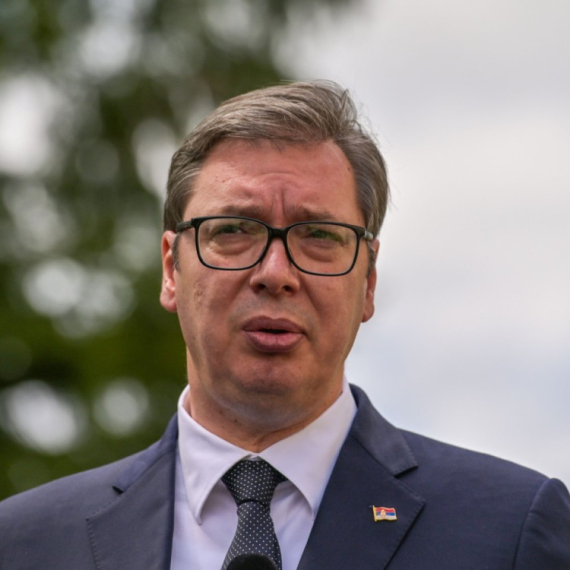

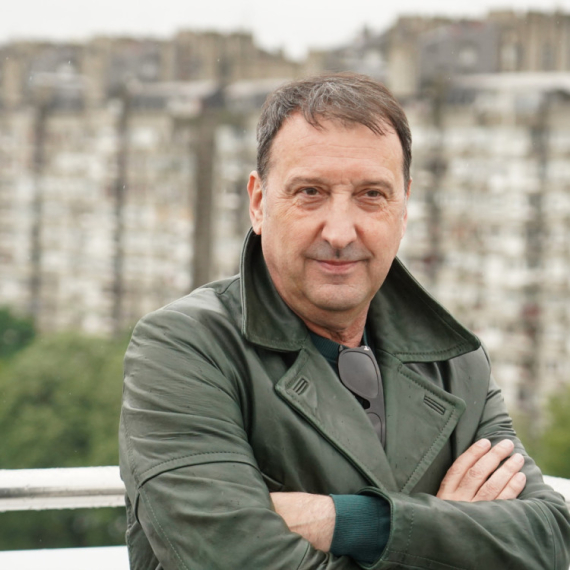
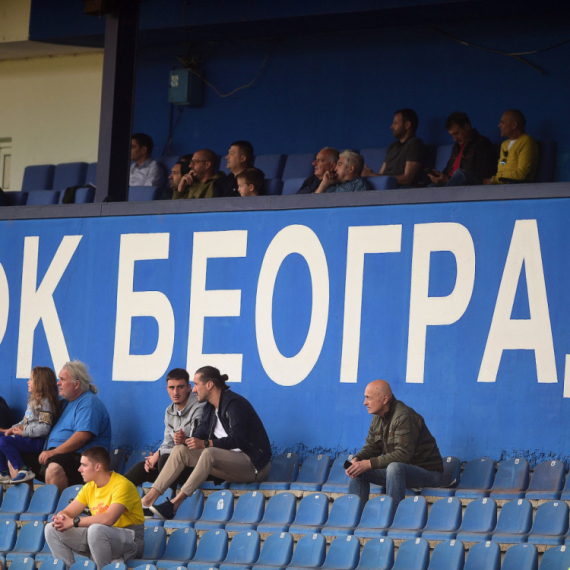


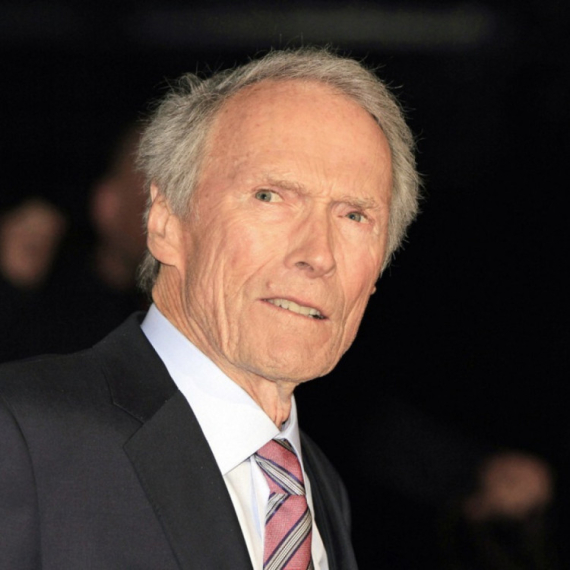
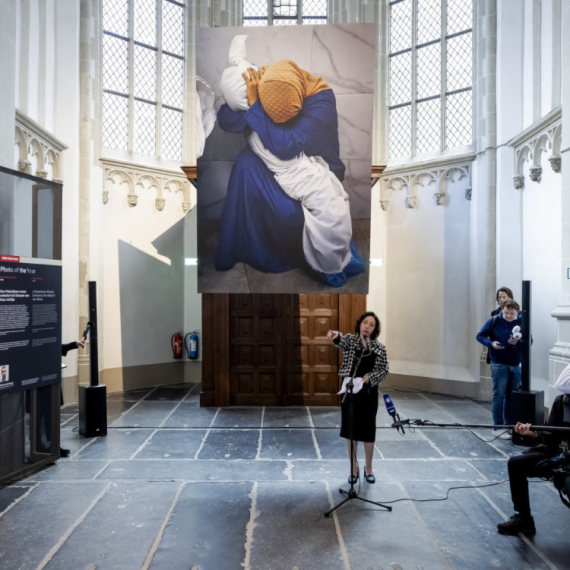


































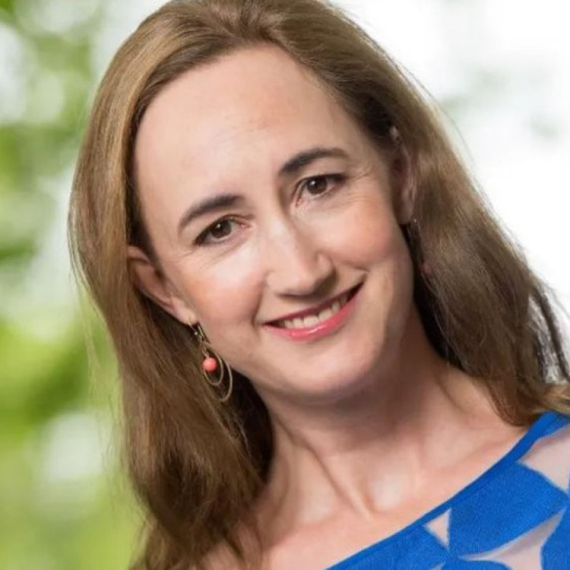
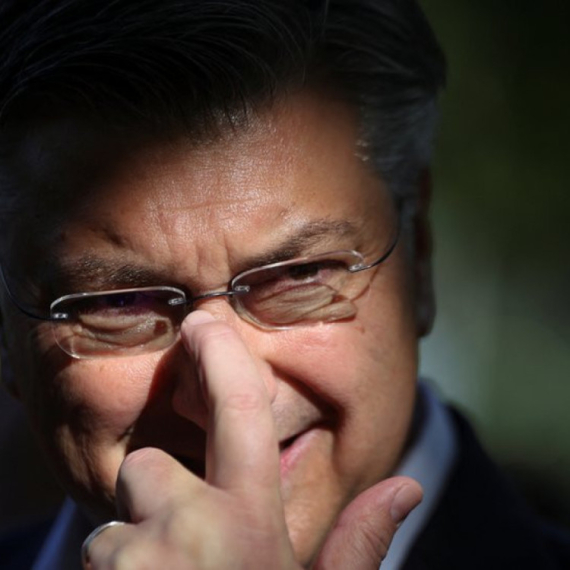

Komentari 3
Pogledaj komentare